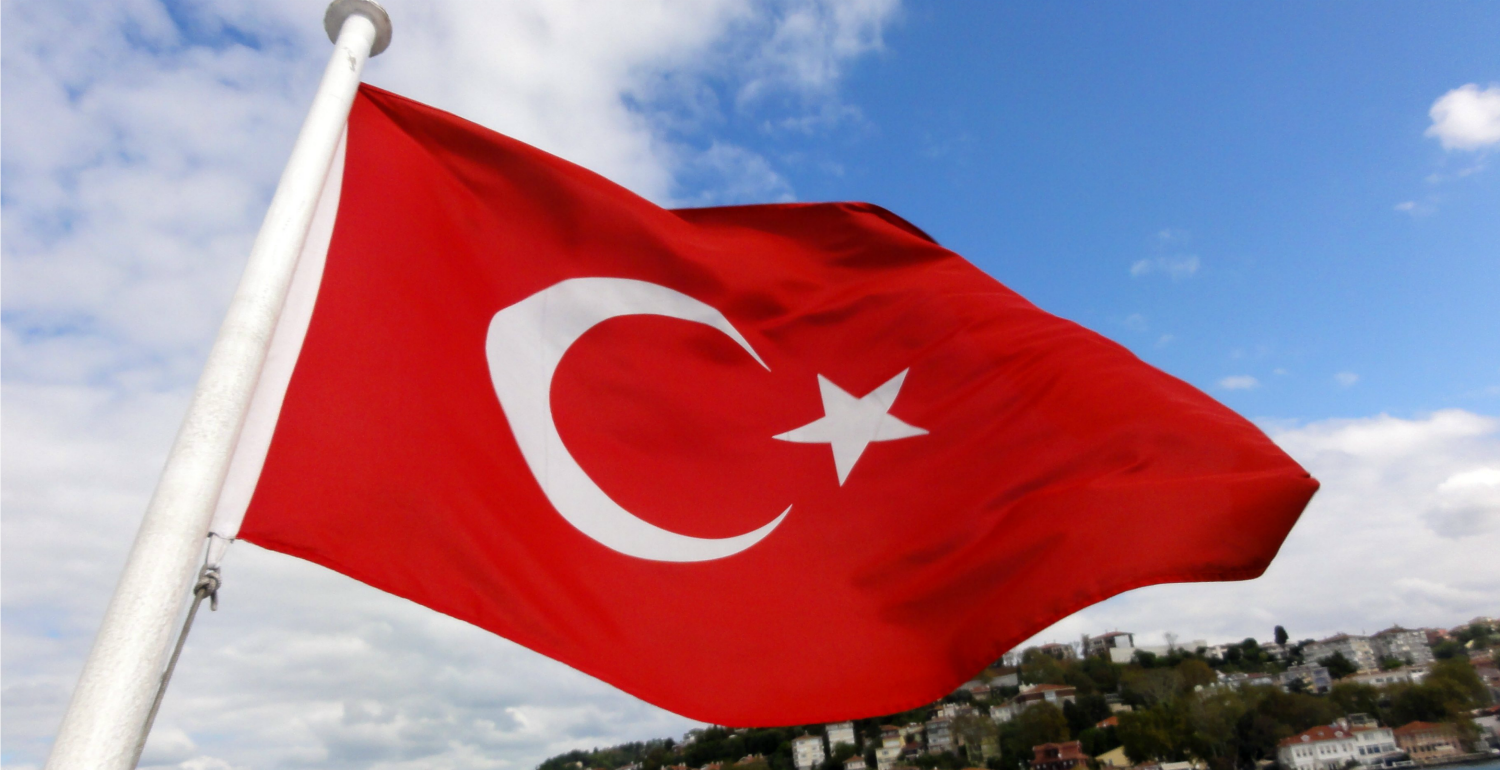A staff-level fact-finding mission from the Commission on Security and Cooperation in Europe visited Turkey from August 22-29, for talks on the whole range of CSCE-related issues as part of Western preparations for the forthcoming session of the Madrid Meeting in November, 1982. In the course of these wider Madrid related discussions, the staff delegation discussed human rights issues as well as the transition to democracy under the martial law authorities, with a wide-range of officials and private individuals, including lawyers, journalists, professors, former politicians, businessmen and representatives of various ethnic and religious minorities.
The staff-level delegation was able to meet with almost all of those with whom it requested appointments, with the notable exception of former Prime Minister Bulent Ecevit who began serving a prison sentence the day before the delegation arrived and, consequently, under Turkish law, was not permitted to meet with the delegation. The delegation was able to meet with the other former Prime Minister, Suleyman Demirel.
The staff-level fact-finding visit was the result of mounting concern in Congress and among a wide spectrum of non-governmental organizations as well as groups abroad with developments in Turkey since the takeover by the Turkish military on September 12, 1980. In the past several months, the Commission had been approached by representatives of several influential groups expressing misgivings over events in Turkey and requesting a hearing or an investigation by the Commission into these problems under the terms of the Helsinki Final Act. Among these groups were: the American Bar Association’s Subcommittee on the Independence of Lawyers in Foreign Countries, the International Human Rights Law Group, Amnesty International, the New York Helsinki Watch Committee, the International League for Human Rights and the Armenian Assembly of America.
In addition to these public groups, members of Congress as well as parliamentary colleagues from several NATO countries expressed their concern with conditions in Turkey and urged that the Commission undertake an investigation into these problems from the vantage point of the Helsinki Final Act. The Chairman of the Subcommittee on Human Rights and International Organizations of the House Foreign Affairs Committee, Rep. Don Bonker, requested the Commission to hold joint hearings with his Subcommittee on violations of human rights in Turkey.







